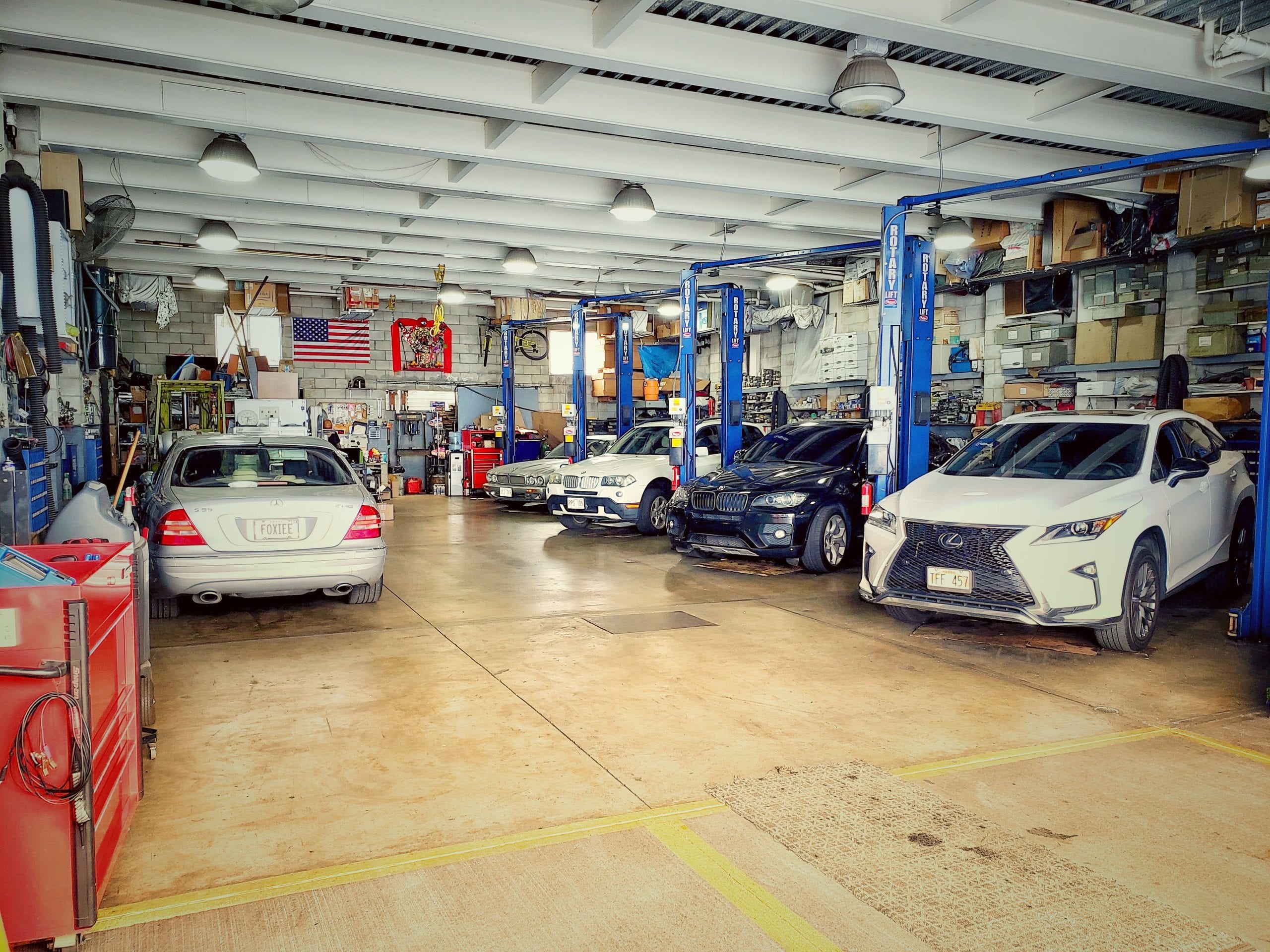All Categories
Featured

Your vehicle's engine is the heart of your lorry, and maintaining it in top problem is vital for optimum efficiency and durability. Normal engine tune-ups are a fantastic way to maintain your cars and truck's wellness, enhance gas efficiency, and avoid expensive repair services later on. Whether you're a car lover or someone who just intends to maintain their vehicle running smoothly, these engine tune-up pointers will certainly aid you obtain one of the most out of your vehicle.
- Replace Flicker Plugs. Stimulate plugs play a vital function in starting your engine and making sure smooth burning. Over time, spark plugs can become unclean or worn, resulting in misfires, reduced gas performance, and rough idling.
Throughout an engine tune-up, evaluate and replace your ignition system if essential. Most lorries need new ignition system every 30,000 to 100,000 miles, depending on the kind. On a regular basis replacing trigger plugs ensures correct ignition and optimal engine efficiency.
- Check and Clean the Air Filter. The air filter protects against dirt, dirt, and debris from entering your engine. A blocked or filthy air filter limits airflow, creating your engine to work harder and melt even more gas.
Check your air filter throughout a tune-up and change it if it's dirty. In messy atmospheres or areas with hefty pollution, you might require to alter the air filter much more frequently. A clean air filter can improve fuel effectiveness and extend the life of your engine.
- Evaluate and Replace Belts and Hoses. Belts and pipes are important for different engine features, such as powering the alternator, water pump, and cooling system. Over time, these components can break, battle royal, or wear out, possibly causing failures.
During a tune-up, check belts and hoses for indicators of wear and change them if needed. Changing these components proactively can conserve you from pricey fixings and avoid unexpected failings.
- Clean the Fuel System. Your fuel system, including the gas injectors and fuel lines, can build up dirt and carbon down payments gradually, minimizing engine effectiveness. Cleansing the gas system throughout a tune-up assists boost performance and fuel economic climate.
You can utilize a gas system cleaner or have a specialist mechanic perform a more thorough cleansing. This action is especially vital for older lorries or autos that often drive in stop-and-go traffic.
- Check the Battery and Billing System. A healthy and balanced battery is essential for beginning your engine and powering electric parts. During a tune-up, examine the battery terminals for corrosion and make sure the links are limited.
Examine the battery's voltage and change it if it reveals indicators of weakness. Additionally, have the generator and charging system evaluated to guarantee your battery remains billed during procedure.
- Change the Engine Oil and Oil Filter. Oil changes are a fundamental part of engine upkeep. Engine oil lubes moving parts, lowers rubbing, and aids control engine temperature level. With time, oil ends up being infected and sheds its effectiveness.
During a tune-up, change the engine oil and oil filter to maintain your engine running efficiently. Follow your car's manufacturer suggestions for oil kind and change intervals.
- Evaluate the Air Conditioning System. The cooling system avoids your engine from overheating. In time, coolant can break down or become infected, minimizing its effectiveness.
Inspect the coolant degree and problem throughout a tune-up, and flush and replace it if required. Inspect the radiator, water pump, and hose pipes for leakages or damage. A well-maintained air conditioning system aids your engine run at the ideal temperature and protects against getting too hot.
- Examine the Ignition System. A damaged ignition system can trigger beginning issues and decreased engine performance. During a tune-up, evaluate the ignition coils, distributor cap, and blades (if applicable) Change any parts that show indications of wear or damages to ensure smooth and trusted engine operation.
- Listen for Uncommon Sounds. Throughout a tune-up, seize the day to listen for any kind of uncommon engine noises, such as knocking, ticking, or hissing. These sounds can suggest underlying issues, such as shutoff problems, loosened components, or exhaust leaks. Resolving these issues early can stop a lot more considerable damage.
- Usage Top Quality Parts and Fluids. When executing an engine tune-up, constantly use high-quality parts and fluids that satisfy your lorry maker's requirements. Low-cost or wrong elements can compromise your engine's efficiency and dependability.
Verdict: A Well-Tuned Engine is Secret to Durability. Regular engine tune-ups are essential for keeping your car's performance, effectiveness, and integrity. By replacing worn components, cleaning up important systems, and dealing with prospective concerns, you can maintain your engine running smoothly for years to come. Whether you're doing it on your own or counting on a relied on technician, buying tune-ups is a wise way to safeguard your car and delight in a more secure, smoother ride.
Latest Posts
Find Out Reduce Expenses on Car Maintenance with Montclare Auto Repair’s Limited-Time Deals
Uncover Oil Changes & More: Complete Services Guide from Montclare Auto Repair
Unlock Your Financial Partner at WyHy – Top Benefits for Your Money Goals
More
Latest Posts
Find Out Reduce Expenses on Car Maintenance with Montclare Auto Repair’s Limited-Time Deals
Uncover Oil Changes & More: Complete Services Guide from Montclare Auto Repair
Unlock Your Financial Partner at WyHy – Top Benefits for Your Money Goals
